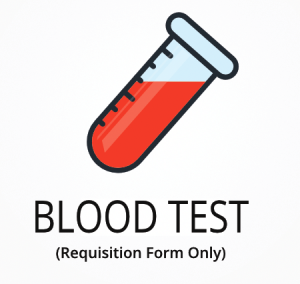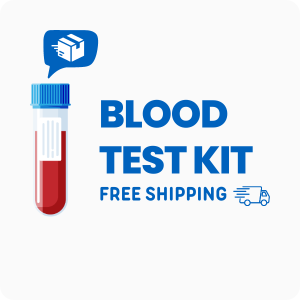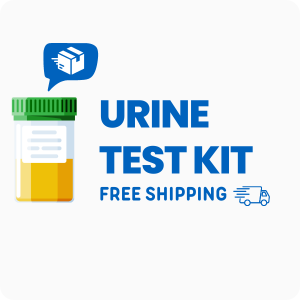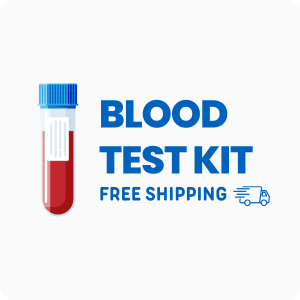Ordering the Endomysial Antibody IgA Test
Ordering the Endomysial Antibody IgA Test is important for diagnosing celiac disease, an autoimmune disorder that affects the small intestine. Interestingly, this test can also help identify potential gluten sensitivity, which may not always present with obvious symptoms. Understanding your body’s response to gluten can guide dietary choices and improve digestive health.
Here are some specific benefits of the test:
- Detects antibodies that indicate celiac disease.
- Helps differentiate between celiac disease and other digestive disorders.
- Assists in monitoring the effectiveness of a gluten-free diet.
- Provides insights into unexplained digestive issues.
- Supports early intervention to prevent long-term complications.
Who Should Consider the Antibody Screening Test
Individuals experiencing persistent digestive discomfort, such as bloating or diarrhea, may benefit from this test. For example, someone who has been struggling with unexplained fatigue and digestive issues might find clarity through this screening.
Consider these scenarios where the test might be useful:
- Family history of celiac disease.
- Unexplained weight loss or malnutrition.
- Chronic fatigue without a clear cause.
- Skin rashes that don’t respond to treatment.
- Unexpected dental enamel defects in children.
Ordering this test can provide valuable information about your body’s reaction to gluten. Without it, you might continue to experience discomfort and potential nutrient deficiencies.
How to Prepare for the Screening
Fasting is not required for this test. It’s important to follow your doctor’s instructions regarding any medications or supplements you are taking.
Labs Included When Ordering Your Endomysial Antibody IgA Test
| Test Name | Reference Range | Significance | Low and High Levels of Endomysial Antibody IgA |
|---|---|---|---|
| Endomysial Antibodies | Negative | Endomysial antibodies are proteins produced by the immune system in response to gluten. Their presence is a strong indicator of celiac disease. | High levels mean a likely presence of celiac disease.
Low levels mean a lower likelihood of celiac disease. |
Reference ranges can vary, so it’s wise to check the Quest Diagnostics lab test directory for the most current information.
Endomysial Antibody IgA Test FAQ
Is there Endomysial Antibody IgA Test testing near me?
You can find nearby draw locations with our patient service center locator, which also offers mobile phlebotomy options. During the collection, a skilled technician will guide you through the process, ensuring a smooth and comfortable experience.
What is the cost of the test?
The cost of the Endomysial Antibody IgA Test can be found at the top of the page. Pricing includes collection fees when visiting patient service centers, ensuring transparency with no hidden costs.
How often should I retest?
Retesting is generally recommended every 6 to 12 months if you have been diagnosed with celiac disease and are monitoring your response to a gluten-free diet. Regular testing helps track your progress and adjust dietary plans as needed.
How accurate is the test?
The Endomysial Antibody IgA Test uses indirect immunofluorescence, a precise method that detects specific antibodies with high accuracy. TrueHealthLabs.com partners exclusively with CLIA-certified labs to ensure reliable results.
Medical Review Board
Reviewed by Jeff Donohue M.D. from Body Logic and Brady Hurst DC, CCCN. Written by True Health Lab’s team of editorial health contributors.
Disclaimer: This information is for educational purposes only and not intended as medical advice. Consult your healthcare provider for personalized guidance.
Why Customers Trust True Health Labs - What People are saying
Also rated 4.6 out of 5 based on 3452 ShopperApproved reviews- See all TrueHealthLabs.com reviews.









